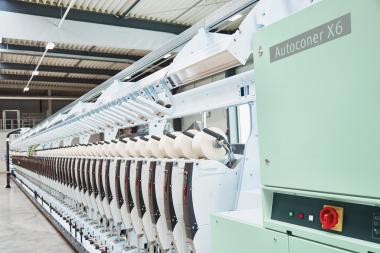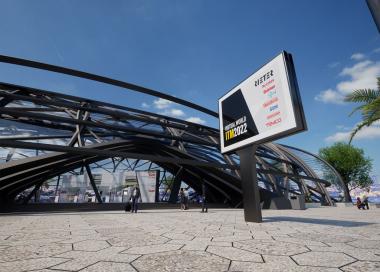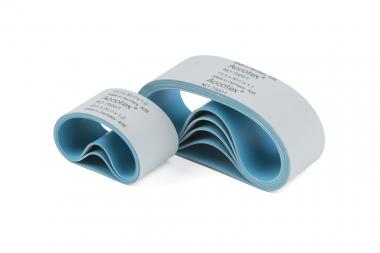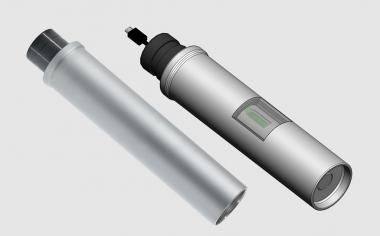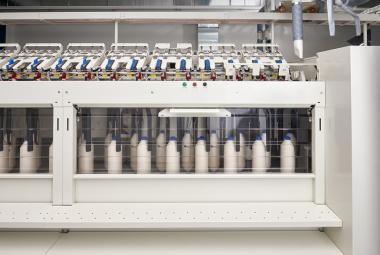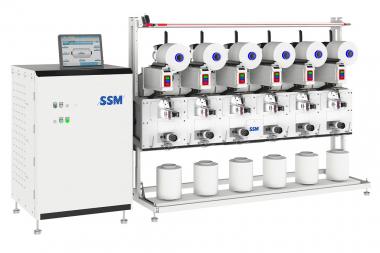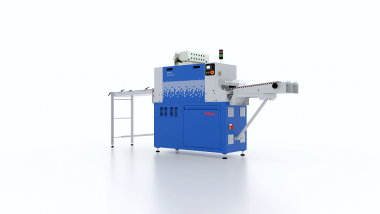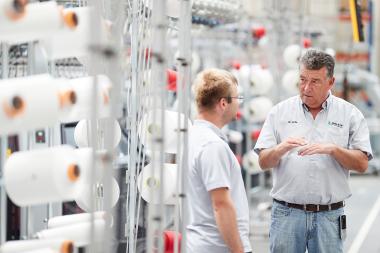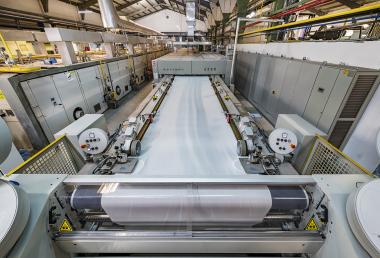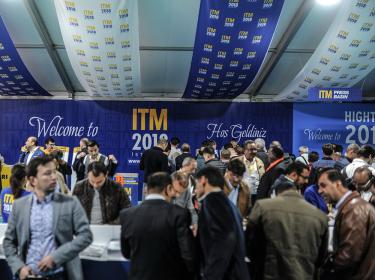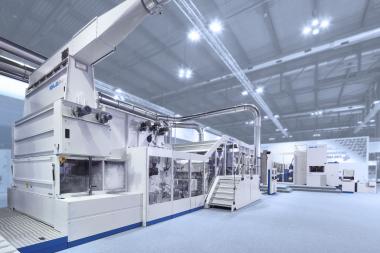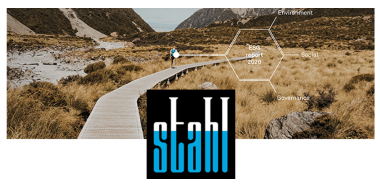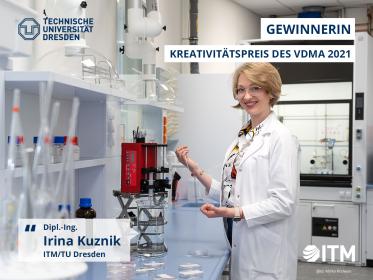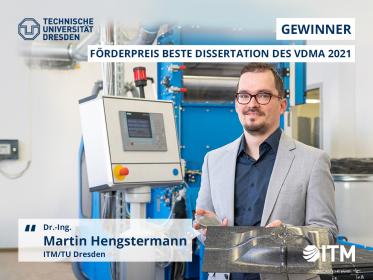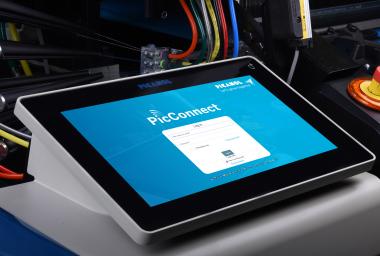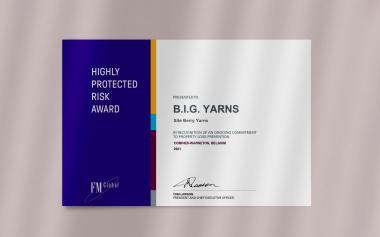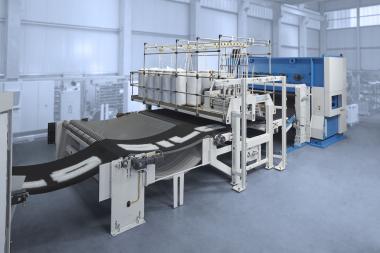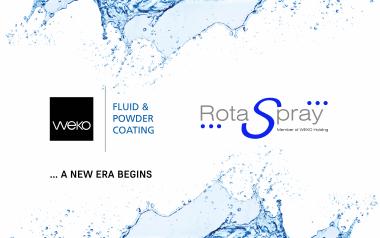Rieter is presenting the Autoconer X6
ITM 2022: Rieter Further Improves Attractiveness of Ring and Compact-Spinning System
- Autoconer X6 is the key machine for highest efficiency
- Roving frame F 40 sets industry standard at 90 seconds only for doffing
- New top and bottom aprons NO-79201 offer greater durability
- i-Bearing enables 24/7 visibility for fast and smart decisions
- Berkolizer pro introduces easily adjustable UV treatment as industry-first
- European roll out of precision winder NEO-YW to launch in Turkey
Rieter is presenting the Autoconer X6 at the upcoming ITM 2022 in Istanbul (Turkey), taking place from June 14 to June 18, 2022, which further improves the attractiveness of the company’s ring and compact-spinning offering by completing the system. In addition, Rieter is showing the roving frame F 40 which doffs at 90 seconds only. SSM’s NEO-YW precision winder is launching into the European market while three key innovations in components are being introduced.
Opportunities and Challenges to the Spinning Industry
2021 was an unprecedented year for the global spinning industry. Driven by the market recovery after the pandemic and the regional shift of the industry, customers invested in new spinning systems at levels never experienced before. And despite the current uncertainties, customers continue to invest.
As market and technology leader, Rieter succeeded in this environment in posting a record order intake for 2021. This is clear evidence of the high level of trust customers have in Rieter. Dr. Norbert Klapper, CEO of Rieter, says: “Systems, machines, components, parts and services from Rieter have ensured competitiveness and success for customers over many years in the past and will continue to do so in the future.”
Dr. Klapper also comments on the challenges that lie ahead for the industry as it takes advantage of market opportunities: “The pandemic is not over yet, and business is exposed to dramatic cost increases as well as shortages in material supplies and logistics. In difficult times, it is important to work together even more closely than under normal circumstances. It’s all about true partnership and trust – the basis of Rieter’s business for 226 years.”
Rieter Management AG


